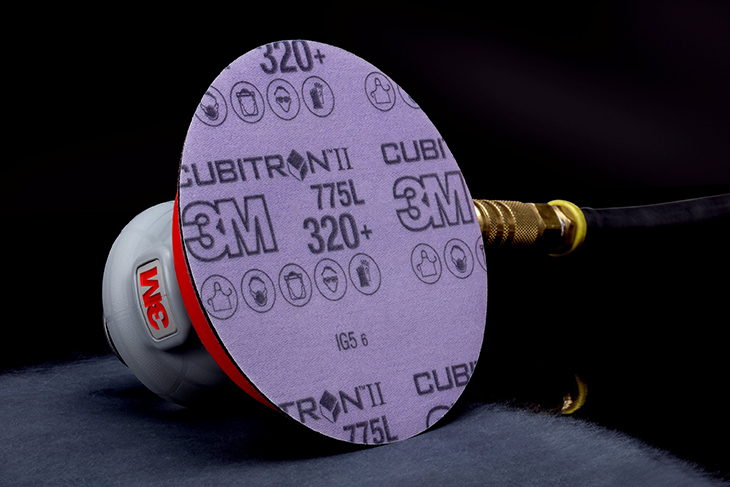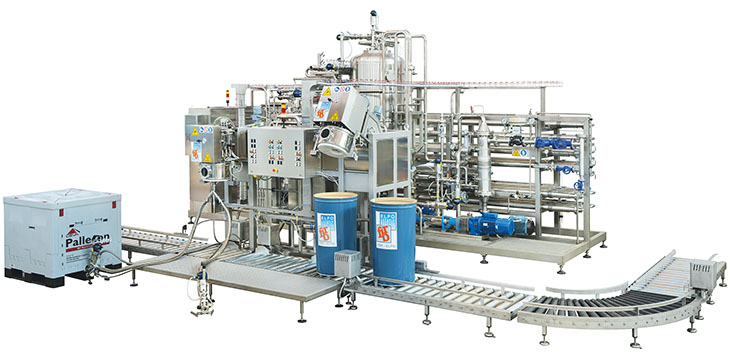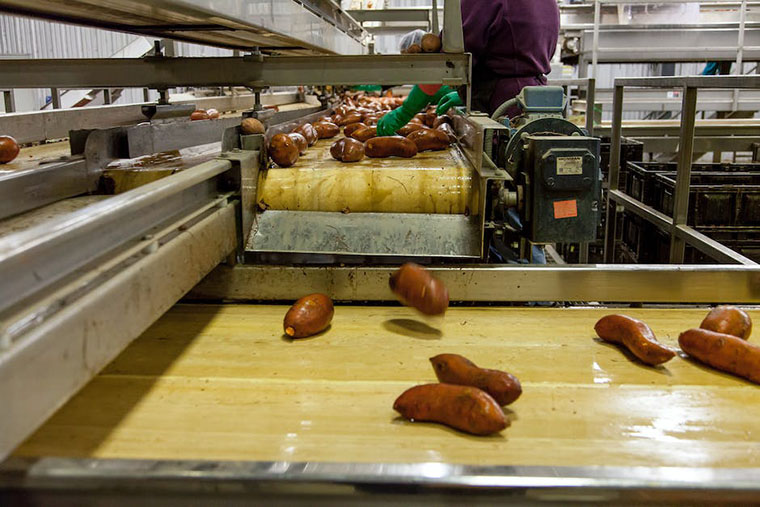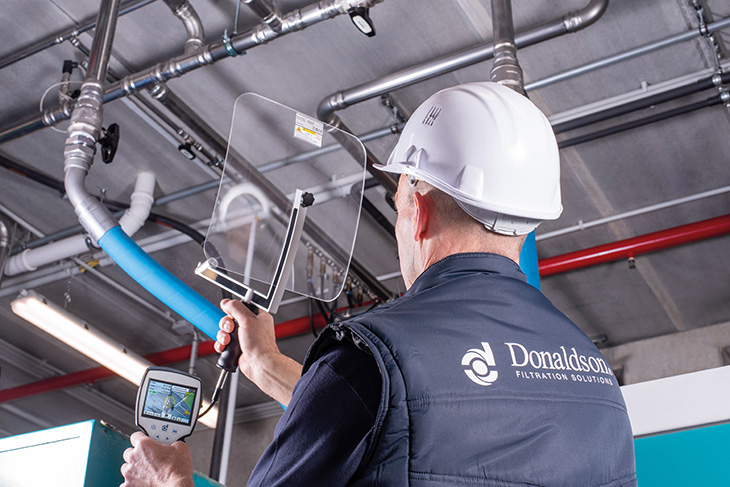Hanover, 18 September 2012 - On the occasion of the International Motor Show in Hanover, the commercial vehicle members of the European Automobile Manufacturers' Association (ACEA) cautioned that the benefits of the latest emission-reducing technologies will not be felt unless new vehicles are actually put on the roads.
The introduction of EURO VI has been a major achievement for the commercial vehicle sector, with pollutant emissions being slashed to near-zero levels. Compared to EURO V - which itself achieved
a major reduction in emissions compared to Euro III and IV - NOx emissions have been reduced by a further 80% and particle mass emissions (including ultra fine particles) have fallen by a further 67%. This is in addition to the introduction of a massively more complex suite of new tests.
Europe must now make the most of the solutions brought to market by EURO V and EURO VI by helping to encourage fleet renewal. This would not only greatly and more quickly improve air quality, but would also stimulate the economy.
"This is certainly challenging in the context of the current market," said Harrie Schippers, CEO of DAF Trucks and Chairman of ACEA's Commercial Vehicle Board. "With people holding on to their trucks for much longer than before, the average age of the fleet is rising. The significant proportion of older, more polluting EURO 0, I, II and III trucks on the roads is obviously having a negative impact on the environment. But there is a huge potential to make a real difference."
Mr Schippers was addressing journalists and reporters at the ACEA press conference of commercial vehicle CEOs, which also brought together Andreas Renschler (CEO of Daimler Trucks), Georg Pachta-Reyhofen (CEO of MAN Truck & Bus), Martin Lundstedt (CEO of Scania) and Olof Persson (CEO of Volvo Group).
In view of the strategy on CO2 emissions for heavy-duty vehicles to be announced by Climate Commissioner Hedegaard next year, Mr Schippers also stressed the importance of building on the strong and natural force of customer demand. Fuel efficiency is a key element in the purchase decision, as fuel represents 30% of the running costs - almost as much as the cost of employing drivers. "There has been a clear business case to minimise fuel consumption for decades, and the sector has been self-regulating with regard to CO2 emissions, as these are directly linked to fuel consumption," Schippers explained. "European policy makers must build on what Europe already has: a robust and highly competitive freight transport market. With the right framework, we can continue to work together to drive the economy and care for the environment."
About ACEA - Commercial Vehicles
The European Automobile Manufacturers’ Association (ACEA) is the Brussels’ based trade association of the 16 major car, van, truck and bus producers in Europe. The ACEA commercial vehicle members are DAF Trucks, Daimler Trucks, IVECO, MAN Truck & Bus, Scania, Volkswagen Commercial Vehicles and Volvo Group.
For further information, please visit www.acea.






















